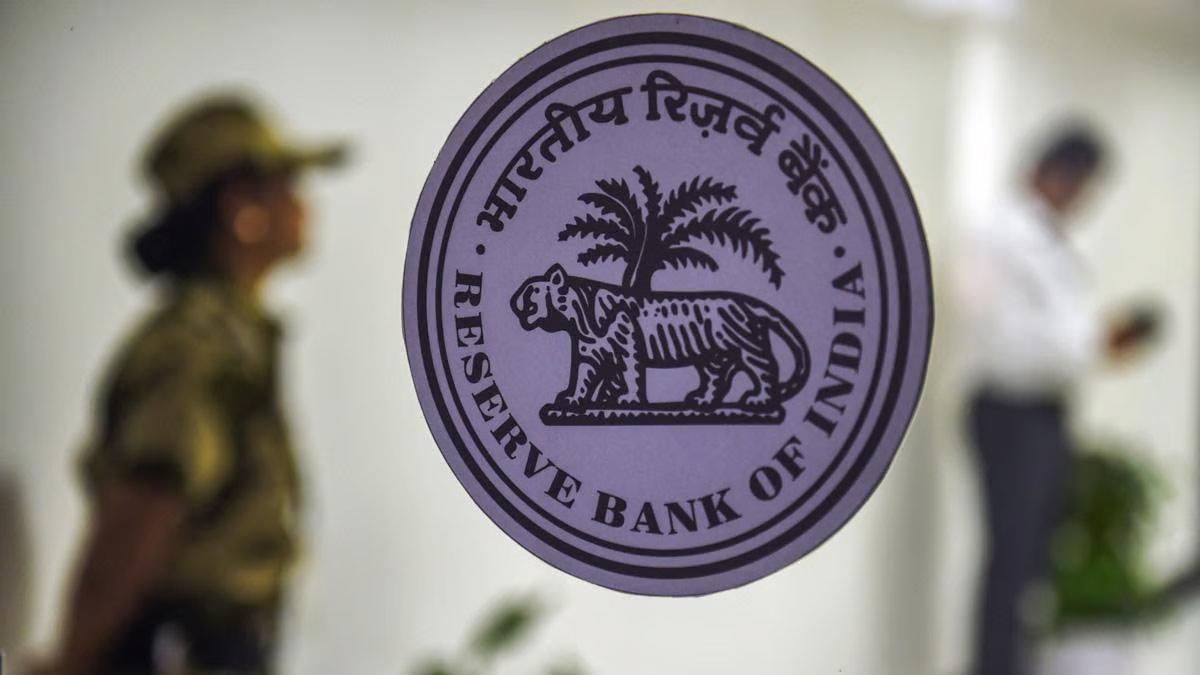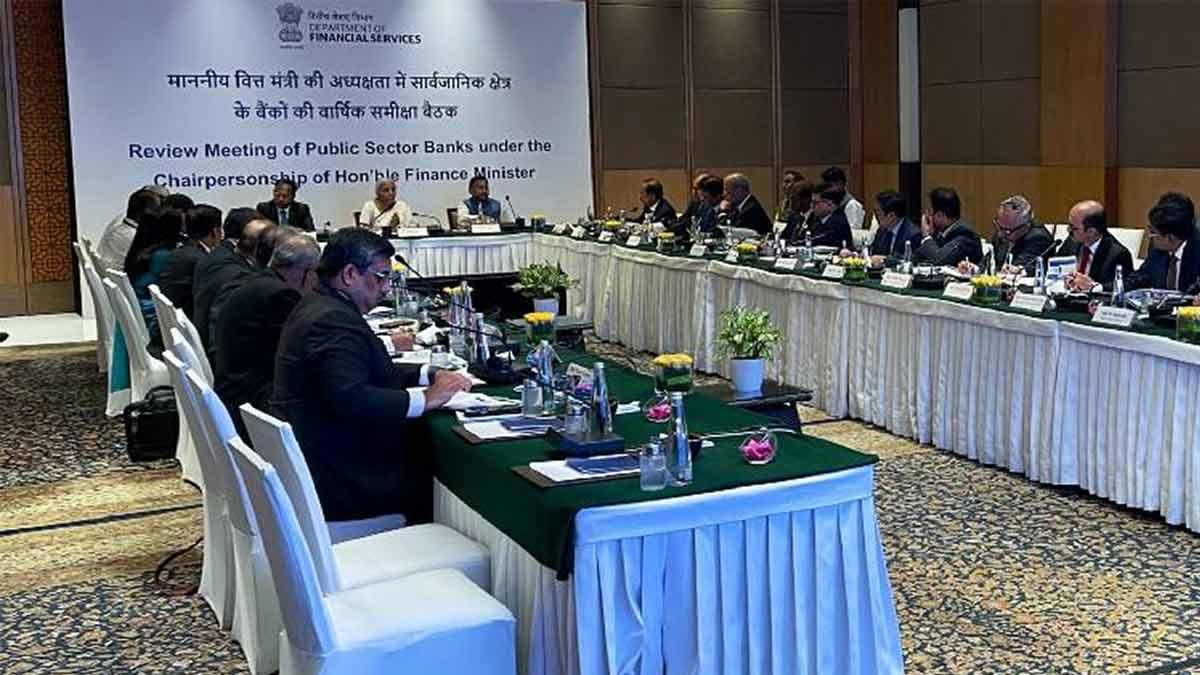The Full Federal Court in Australia on Wednesday dismissed an appeal by online hotel and accommodation search website Trivago against an earlier decision which found Trivago misled the consumers over hotel ads.
The court said the company had breached the Australian Consumer Law by making misleading representations about hotel room rates on its website and television advertising.
"This is a win for consumers and is an important warning to comparison sites that they must not mislead consumers about the results they recommend," the Australian Competition and Consumer Commission (ACCC) Chair Rod Sims said in a statement.
"We brought this case because we were concerned that consumers were being misled by Trivago's claims that their site was getting the best deal for consumers, when in fact they were shown the deals that benefited Trivago".
The company was yet to make an official statement on the judgement.
In January this year, the Federal Court ruled that Trivago had misled consumers by representing its website would quickly and easily help users identify the cheapest rates available for a given hotel.
The judge at first instance found that Trivago did not sufficiently disclose to users that its website used an algorithm that gave prominence to accommodation providers paying Trivago a higher payment fee (cost per click), meaning that the most prominent offers were often not the cheapest offers for consumers.
The primary judge also found that Trivago misled consumers through the use of strike through prices and text in different colours because Trivago often compared the rate for a standard room with the rate for a luxury room at the same hotel.
"Trivago's conduct meant that consumers may have paid more for a room at a hotel than they should have, and hotels lost business from direct bookings despite offering a cheaper price," Sims noted.
The matter will now return to the primary judge, who will consider the orders sought by the ACCC against Trivago at a later date.
Trivago on Tuesday reported a 76 per cent decrease in revenue of 61 million euros in Q3, made an operating loss of 1.4 million euros and a net loss of 2.3 million euros.
The revenue for the nine months ending September 30 was down 467 million euros (year-over-year) in the pandemic times. Trivago said there will be recovery in the second half of 2021.


















